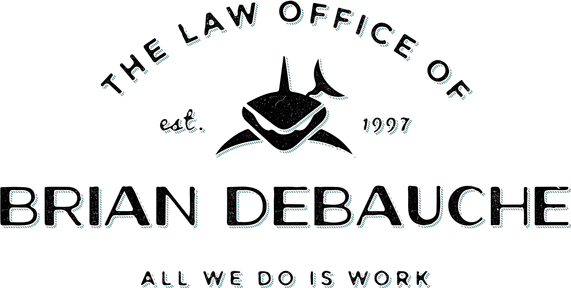Extraordinary Expenses & Child Support Orders
When issuing orders for child support, courts use statutory guidelines and schedules to establish (or modify) the amount. The guidelines consider factors like the income of the parties and the number of children involved. Courts may deviate from these guidelines for several reasons, including extraordinary costs associated with parenting time and medical expenses. Predictable and recurring extraordinary expenses are usually added to the basic child support obligation in proportion to the parties’ incomes.[1] On the other hand, unexpected extraordinary expenses (like the bill for an unexpected procedure for a chipped tooth) are paid as they arise.[2] The party who pays can then seek reimbursement from the other parent for their proportional share.[3]
Extraordinary medical expenses are one type of extraordinary expense. Extraordinary medical expenses are defined as uninsured expenses, including copayments and deductible amounts, more than two hundred fifty dollars per child per calendar year.[4] These expenses can include costs that are reasonably necessary for orthodontia, dental treatment, vision care, and any uninsured chronic health problem.[5]
Extraordinary expenses can also relate to education and extracurricular activities. For example, any expenses for attending a special or private elementary or secondary school to meet the particular educational needs of the child or public-school mandatory school fees qualify as extraordinary expenses.[6] Meeting the particular educational needs of the child is not restricted to providing services for learning disabilities or special education.[7] Courts can and will also consider the educational services the child would have been able to enjoy if the marriage had not been dissolved.[8] Educational expenses must be reasonably necessary.[9]
A parent may also be required to contribute to costs associated with a child’s extracurricular activities like sports.[10] Again, the child’s particular needs and the standard of living the child would have enjoyed if the divorce did not occur are considered.[11] Regardless of the type of expense, extraordinary expenses must be supported by the court’s findings and evidence on the record. If there is no evidence or findings made to support the conclusion that the expense was incurred and that it was reasonable, then it will not be used to modify child support awards or to order a reimbursement. It's important to note that the determination of extraordinary expenses can vary on a case-by-case basis, and the court will consider factors such as the child's specific needs, the financial capabilities of each parent, and the overall best interests of the child when making a decision.
One important note, is that auto insurance of a minor child is NOT a qualified expense. Any increased cost for the addition of a teenage son to your automobile insurance is not an extraordinary expense. In re Long, 921 P.2d 67 (Colo. App. 1996). This means you must, prior to securing such insurance, generate an agreement on how to split such an expense for the minor child; since those premiums in Colorado can be substantial.
If you are seeking specific information or advice regarding child support in Colorado, it is advisable to consult with a family law attorney who can provide guidance based on your individual circumstances.
[1] In re Marriage of Alvis, 446 P.3d 963, 965-966 (Colo. App., 2019).
[2] Id.
[3] Id.
[4] C.R.S. 14-10-115(10)(h)(II).
[5] Id.
[6] C.R.S. 14-10-115(11)(a)(I).
[7] In re Marriage of Elmer, 936 P.2d 617 (Colo.App.,1997).
[8] Id.
[9] In re Marriage of Eaton, 894 P.2d 56 (Colo.App.1995).
[10] In re Marriage of West, 94 P.3d 1248, 1250 (Colo. App. 2004).
[11] Id.
